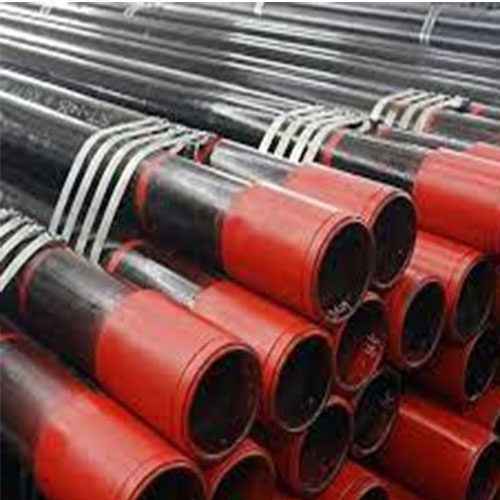Understanding the API Tolerance for casing in Oil and gas Operations
In the oil and gas industry, casing plays a crucial role in the drilling process. Casing is a large–diameter Pipe that is installed in a wellbore to provide structural integrity and support the walls of the well. It also helps to prevent the well from collapsing and protects the surrounding environment from potential leaks. The american petroleum Institute (API) has established standards for casing to ensure that it meets certain specifications and tolerances.
J55 Tubing
API casing tolerance refers to the acceptable range of dimensions and properties that casing must meet in order to be considered suitable for use in oil and gas operations. these tolerances are important because they help to ensure that the casing will perform as expected and meet the necessary safety and environmental standards.
The API sets specific tolerances for casing based on factors such as size, weight, and material composition. For example, the API specifies the allowable range of outside diameter, wall thickness, and length for each size and grade of casing. These tolerances are designed to ensure that the casing will fit properly in the wellbore and provide the necessary support and protection.
In addition to dimensional tolerances, the API also sets limits on other properties of casing, such as mechanical strength and corrosion resistance. These properties are important because they can affect the performance and longevity of the casing in the harsh conditions of oil and gas operations. By setting specific tolerances for these properties, the API helps to ensure that casing will be able to withstand the demands of drilling and production.

It is important for operators and drilling contractors to be aware of the API tolerance for casing and to ensure that the casing they use meets these standards. Using casing that does not meet API tolerances can lead to problems such as casing failure, wellbore instability, and environmental damage. By adhering to API standards, operators can help to ensure the safety and efficiency of their drilling operations.
cadent gas
In order to determine whether casing meets API tolerances, operators can refer to the API specifications for casing, which provide detailed information on the required dimensions and properties for each size and grade of casing. Operators can also work with casing manufacturers and suppliers who are familiar with API standards and can provide casing that meets these requirements.
wellhead casing hangerIn conclusion, the API tolerance for casing is an important factor to consider in oil and gas operations. By adhering to API standards for casing, operators can help to ensure the safety and efficiency of their drilling operations. By using casing that meets API tolerances, operators can be confident that their wells will be properly supported and protected, reducing the risk of problems such as casing failure and environmental damage.Operators should always be aware of the API tolerance for casing and ensure that the casing they use meets these standards.
